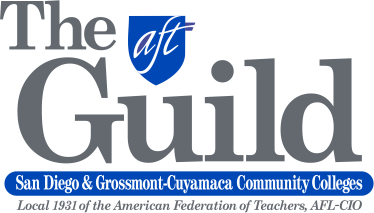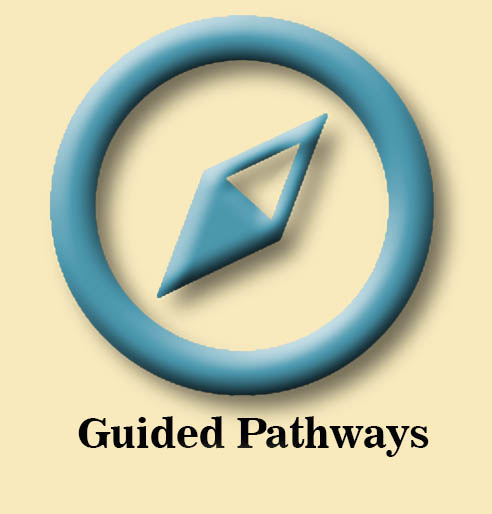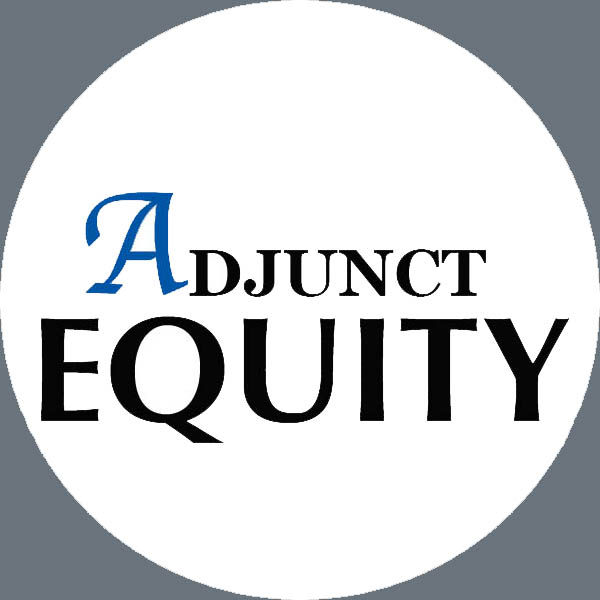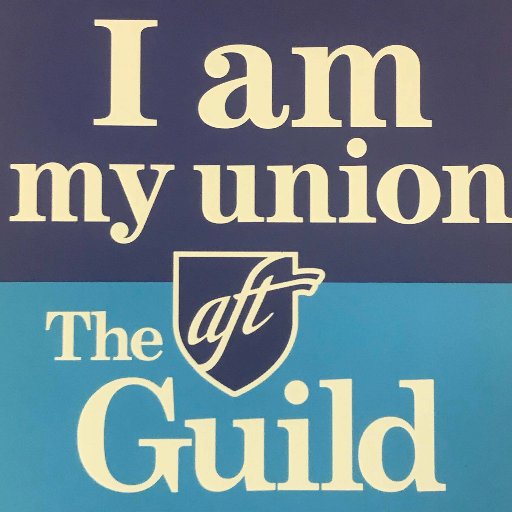After four years of neglect and/or outright hostility toward American higher education, the Biden Administration promises to reverse this trend by delivering a surge of aid to American colleges and universities hard hit by the Covid-19 pandemic and subsequent economic crisis. Billions of dollars of aid have been included in the $1.9 trillion relief package proposed by the Biden Administration designed to shore up beleaguered educational institutions in our time of crisis. As Inside Higher Ed recently reported:
“The president-elect’s plan will ensure colleges have critical resources to implement public health protocols, execute distance learning plans, and provide emergency grants to students in need,” said a fact sheet of the proposal obtained by Inside Higher Ed. “This $35 billion in funding will be directed to public institutions, including community colleges, as well as public and private Historically Black Colleges and Universities and other minority-serving Institutions,” said the document marked “confidential.” The document did not mention most private colleges and universities. This summary said also that the proposal “will provide millions of students up to an additional $1,700 in financial assistance from their college.”
In addition to this promise of significant resources going to American colleges, there is also hope that the affordability and student debt crises might finally be addressed. As MarketWatch recently noted:
Biden’s plan to make community college free and four-year public college tuition-free for students from households earning $125,000 or less would increase Americans’ disposable income by $61 billion, according to an analysis published this week by the Campaign for Free College Tuition and Rise, an advocacy organization focused on college affordability and other youth and student issues.
This would have a number of benefits including boosting the economy by as much as $161 billion, increasing the number of students enrolling in community colleges by 2 million, and pushing the number of students graduating with Associates degrees up by 42.7% with bachelors degrees going up by 15.3%. And with all this disposable income and increased earning power would come more economic opportunity and less inequality.
On the student debt front, Biden’s proposal to cancel up to $10,000 of debt during the pandemic would also be a boon for millions of Americans. Advocates have been pushing for a total debt cancelation which, if adopted, would be a truly transformational policy freeing up millions of Americans to start their careers and immediately build their personal finances rather than spend years paying off loans. It’s hard to imagine a better economic stimulus plan focused on ordinary Americans that would immediately pump billions of dollars into the economy.
All told, this is a head spinning shift from the previous administration that offers fresh hope that America can reinvest in its institutions of higher education and students. If successful, this will be the first time in many decades that we will see a set of educational policies from the federal government designed not to discipline institutions, cut resources, or shift the cost burden to students, but rather to make use of our colleges as engines of opportunity and economic growth for main street America.






0 Comments